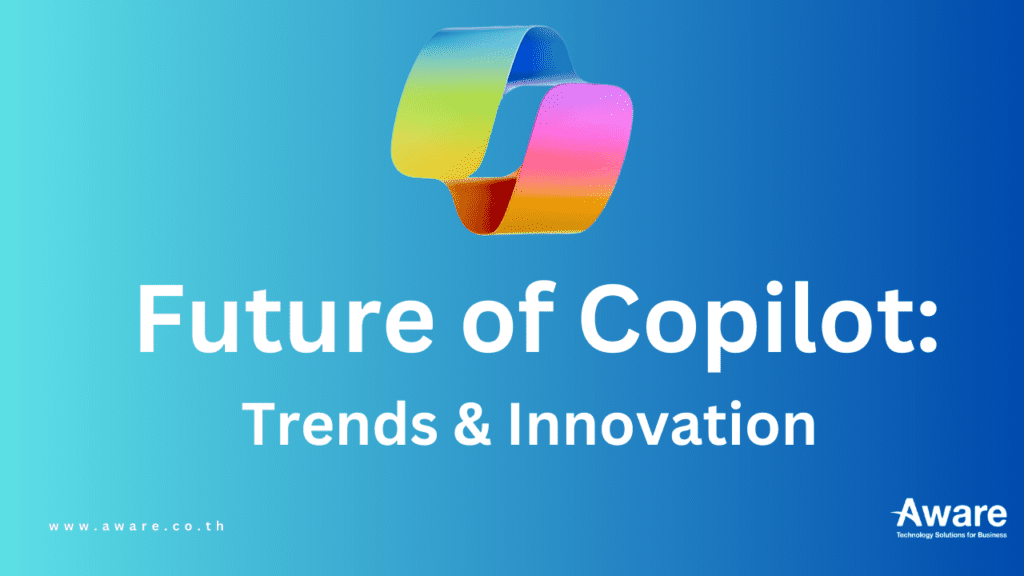

Table of Contents
Introduction
Artificial intelligence has transitioned from being a futuristic concept to a vital part of everyday tasks. Among the leading tools in this AI revolution is Copilot, an AI-powered assistant developed by Microsoft and OpenAI. Copilot has already redefined productivity across industries by automating workflows, providing intelligent suggestions, and enhancing creative tasks.
As technology evolves, the future of Copilot looks even more promising. With upcoming features and innovations, Copilot is poised to become an indispensable tool in workplaces worldwide. This blog explores the trends and challenges shaping Copilot’s future and its potential to transform how we work.
Upcoming Features in Copilot
Enhanced Personalization
One of the most anticipated updates for Copilot is its ability to adapt to individual users’ preferences:
- Learning from Behavior: Copilot will analyze users’ working styles and provide tailored suggestions. For instance, a developer might receive code recommendations that align with their preferred syntax or framework.
- Customizable Prompts: Users will be able to define custom templates for tasks, such as writing reports or drafting emails, making the tool even more relevant to their needs.
Improved Integration with Other Tools
To expand its usability, Copilot will enhance its integration capabilities:
- Cross-Platform Compatibility: Copilot will work seamlessly across multiple devices and platforms, allowing users to transition between tasks effortlessly.
- Broader Tool Ecosystem: New integrations with project management software, CRM systems, and data analytics platforms will enable users to automate more complex workflows.
AI-Driven Decision-Making Capabilities
As AI becomes more sophisticated, Copilot is expected to support decision-making processes:
- Data Analysis and Insights: Copilot will analyze datasets, provide actionable insights, and recommend next steps.
- Scenario Simulations: In fields like finance or operations, Copilot could simulate different scenarios, helping professionals make informed decisions.
These features will position Copilot as not just an assistant but also a strategic advisor.
Potential Challenges Ahead
Staying Ahead of Competing Tools
With the growing popularity of AI-powered productivity tools, competition is heating up. Challenges include:
- Innovation Pace: Copilot must continuously evolve to stay ahead of rivals like Tabnine and Jasper.
- Differentiation: Microsoft and OpenAI will need to highlight unique features that set Copilot apart.
Managing Ethical Concerns in Scaling
As Copilot scales, ethical issues become more pressing:
- Bias in Decision-Making: AI must be trained to avoid perpetuating existing biases, especially in high-stakes applications.
- Data Privacy: Expanding functionality could increase data privacy concerns, requiring robust safeguards.
- Over-Reliance on AI: Users may become overly dependent on Copilot, potentially undermining their problem-solving and critical-thinking skills.
Addressing these challenges will require a combination of technical advancements, transparency, and user education.
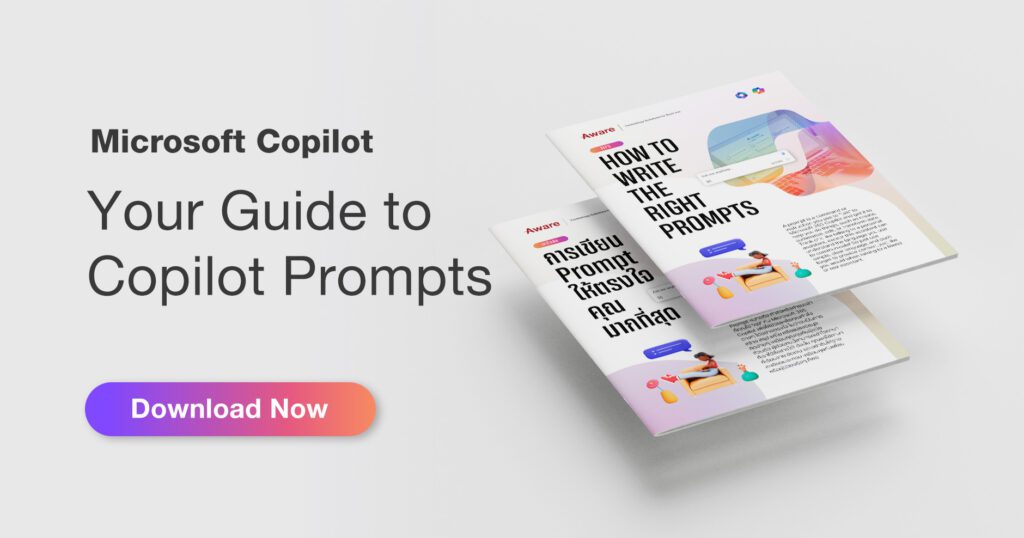

Predicted Trends in AI Productivity Tools
Greater Industry-Specific Applications
AI tools like Copilot will increasingly cater to niche industries:
- Healthcare: Automating medical documentation and providing decision support for diagnoses.
- Legal Services: Drafting contracts, analyzing case law, and automating compliance reports.
- Education: Assisting teachers with lesson planning and providing personalized learning materials for students.
These specialized applications will expand Copilot’s reach and influence across new domains.
Advances in Natural Language Understanding
Copilot’s language understanding capabilities are expected to improve dramatically:
- Contextual Awareness: The AI will become better at interpreting complex, ambiguous prompts and generating highly relevant outputs.
- Multilingual Support: Expanded language capabilities will make Copilot accessible to a global audience, enhancing its appeal.
These advancements will enable Copilot to perform more sophisticated tasks and engage users in meaningful, context-aware interactions.
How Copilot Shapes the Future of Work
Enabling Hybrid Teams
Copilot will play a key role in bridging the gap between remote and in-office teams:
- Collaboration Tools: By automating administrative tasks and summarizing team discussions, Copilot will improve communication and efficiency in hybrid work environments.
- Skill Level Equalization: It can assist less experienced team members, allowing them to contribute effectively and learn on the job.
Democratizing Access to AI
Copilot’s intuitive design ensures that even non-technical users can leverage AI effectively:
- Reducing Barriers: By simplifying complex tasks, Copilot empowers professionals without deep technical expertise to achieve more.
- Enhancing Creativity: In fields like marketing and design, Copilot will act as a creative partner, helping users generate innovative ideas and solutions.
Conclusion
The future of Copilot is brimming with potential. From enhanced personalization and advanced integrations to tackling ethical challenges, Copilot is poised to remain at the forefront of AI-powered productivity tools. As it evolves, Copilot will not only transform individual workflows but also redefine how teams collaborate and industries operate.
Embrace the future of productivity by exploring Copilot today. Whether you’re a developer, writer, or business professional, Copilot’s innovations are designed to help you achieve your goals with ease and efficiency.
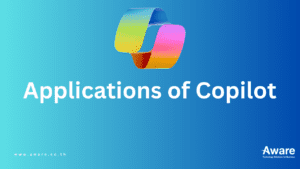

Applications of Copilot Across Industries
In the age of artificial intelligence, tools like Copilot are transforming how industries operate. Developed by Microsoft in collaboration with OpenAI, Copilot has become a versatile assistant that automates tasks, provides intelligent suggestions, and enhances productivity.
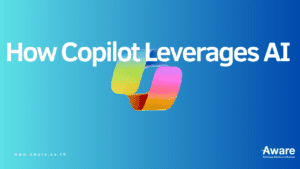

How Copilot Leverages AI for Seamless Productivity
Artificial intelligence (AI) has evolved dramatically over the last decade, transforming how we work, create, and solve problems. Among the most groundbreaking advancements is Copilot, an AI-powered assistant developed by Microsoft in partnership with OpenAI.
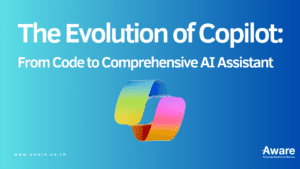

The Evolution of Copilot: From Code to Comprehensive AI Assistant
Artificial intelligence (AI) has evolved dramatically over the last decade, transforming how we work, create, and solve problems. Among the most groundbreaking advancements is Copilot, an AI-powered assistant developed by Microsoft in partnership with OpenAI.
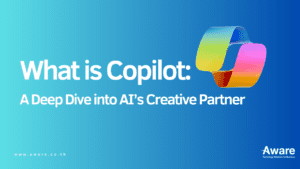

What is Copilot? A Deep Dive into AI’s Creative Partner
In today’s fast-paced digital world, professionals are increasingly turning to technology to enhance productivity, streamline workflows, and spark creativity. At the forefront of this movement is Copilot, an AI-powered assistant developed by Microsoft in collaboration with OpenAI.
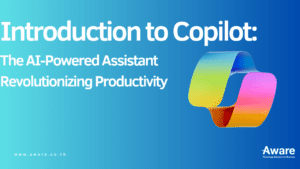

Introduction to Copilot: The AI-Powered Assistant Revolutionizing Productivity
In an era of rapid technological advancement, tools that enhance productivity and creativity are becoming essential. Enter Copilot, a revolutionary AI-powered assistant developed by Microsoft in collaboration with OpenAI.
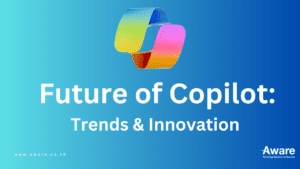

Future of Copilot: Trends and Innovations
From automating workflows to generating intelligent suggestions, Copilot has become a valuable assistant for developers, writers, and professionals alike.
Digital Marketing Manager at Aware Group: Working his way through the world of technology and Thailand as best as he can. Happy to contribute to other tech publications.